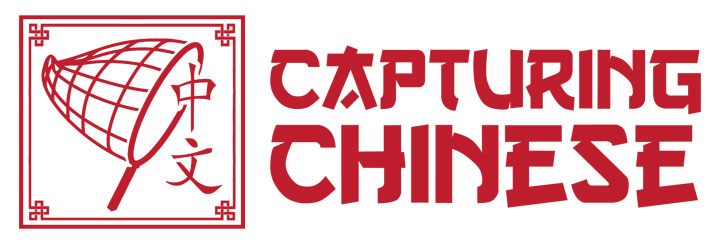Learn Chinese Through Chinese Stories - Lu Xun's Tomorrow
This week we would like to introduce Tomorrow, a sad, but very good story. If you missed the introduction to Lu Xun, then follow this link to An Introduction to Lu Xun.
Tomorrow
明天
Míngtiān
明天 was published in October 1919 in New Wave (新潮 Xīn Cháo). The story is about a widow and her three year old son. After the death of her husband, she supports herself and her child by weaving on the loom. Recently, the child has contracted tuberculosis and is terribly ill. While the mother is not the smartest woman, she tries her best to save her child. She pulls supernatural bamboo slips (a Chinese superstition), makes a vow to Buddha, and gives the child his traditional Chinese medicine. After the passing of the night and the child showing no sign of improvement, she takes him to a traditional Chinese doctor who has four inch long fingernails. The doctor gives an esoteric diagnosis, claiming the child is suffering from fire overwhelming metal (see notes in story) and prescribes some medicine such as "preserve the infant's life pills." The prescription and the doctor visit cost the mother her savings and the child nevertheless dies shortly thereafter. She sells some of her belongings and with the money holds a funeral for her deceased son. She buys a coffin, buries her son, and holds a dinner for all those who helped. After the sun sets and everyone goes home, the mother realizes she is now all alone with her loom. With the earlier passing of her husband and now her son, her home seems much too quiet. As discussed in the preface to Nàhǎn, Lǔ Xùn was very critical of Chinese folk medicine. His father died in 1896 of an illness, likely to be tuberculosis, which Chinese medicine and doctors failed to treat. During his youth, he would pawn the family's goods so that he could buy exotic and expensive Chinese herbs and medicines. The ingredients would be items such as sugar cane exposed to three frosts, and a pair of crickets who never had another mate. While these items proved difficult to procure, they did nothing for his father's illness. He died after four years of the expensive medicine. His father's death was Lǔ Xùn's inspiration to study Western medicine in the first place (which he ended up quitting to pursue literature) and he always remained very skeptical of Chinese medicine. Lǔ Xùn also discusses the flaws of Chinese medicine in his story, Medicine (药). Tomorrow 明天| Would you like to read this Chinese short story with pinyin, footnotes with definitions, historical summaries, and cultural references, as well as Chinese audio files of two native speakers, one male and one female, reading the story? Get your copy of Capturing Chinese today! See the Capturing Chinese Catalog |
